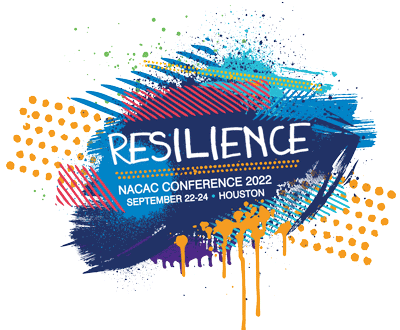It’s that time of year again – the FAFSA is open and students and parents alike have pressing questions surrounding cost and affordability. As we head into a potential recession, Admissions counselors are navigating full inboxes of inquiries focused on tuition, available aid, loans, and ways to supplement the ever-growing cost of college.
It comes as no surprise that price sensitivity is at an all-time high, with Niche reporting that four in five survey respondents removed institutions from their list of options before applying solely based on sticker price. This same survey indicates that financial aid staff are currently the #1 campus group your prospective students want to hear from.
How can your team translate the information-heavy and stress-inducing topic of affordability into quick, accessible and easy-to-consume video-powered content? Below, I outline four key strategies to help you get started.
Demystify the Financial Aid Process Through Video
 Let’s be honest, understanding the FAFSA, loans, and even scholarship-related deadlines and processes can be both intimidating and cumbersome. Scrolling through countless websites, text-heavy emails, and 20-page viewbooks to locate transparent information on cost feels like another added burden in the college search process.
Let’s be honest, understanding the FAFSA, loans, and even scholarship-related deadlines and processes can be both intimidating and cumbersome. Scrolling through countless websites, text-heavy emails, and 20-page viewbooks to locate transparent information on cost feels like another added burden in the college search process.
Instead, tap into the affordability experts on campus, your financial aid staff, to pre-record 3-5 minute segments on popular topics such as:
- The FAFSA: how to apply, important deadlines to qualify for funding, and quick tips for maximizing opportunities
- Scholarship opportunities and discounted tuition rates
- Information on loans
- Understanding the cost of attendance
- Payment plans and exceptions
Highlight Affordability at All Funnel Stages
Long gone are the days when scholarship-related conversations are reserved for yield season. Students and their supporters are asking pointed questions about cost earlier in the search process than ever before, with Niche suggesting the need for colleges to showcase financial aid opportunities earlier on in the funnel. Develop video-powered programming related to:
- General questions and overall financial literacy for top-of-the-funnel stages.
- Detailed topics like “understanding your bill” for admitted students.
- Virtual “Ask Us Anything” information sessions for prospects and inquiries to get their questions answered early in the search process.
- Opportunities to connect 1:1 with financial aid staff for additional support as students move through the funnel.
Show Impact Through Storytelling
It’s not enough to just promote the existence of scholarships and aid on your campus. Showing real impact through student storytelling highlights the tangible benefits of scholarships and how your institution values affordability.
Create 2-3 minute video testimonials of current students who have been awarded funding and impacted by scholarships. Letting your students give authentic perspectives and a human voice to the importance of scholarships further backs up the more informational pieces of your digital strategy. An added bonus: these video testimonials can be repurposed for donor and alumni engagement.
Transparency is Key
‘Ballpark’ numbers are out – as the Chronicle of Higher Education reports, “Families want to know what college is going to cost them, not some average that may not reflect their situation”. This means getting detailed in your virtual programming:
- encourage budgeting by cost per credit hour,
- outline the average cost for textbooks and supplies
- include a transparent breakdown of all of those “extra” ancillary fees that often come as a surprise once a student enrolls.
Each of these areas can be broken down into short, digestible videos. By being detailed, honest and upfront about cost, you are building long-term trust and rapport with your prospective student audience and their families and supporters.
Implementing a comprehensive and thoughtful video-powered approach to all things affordability positions admissions teams as trustworthy and knowledgeable resources for both students and their supporters. Financial Aid does not need to be a pain point in the search process – prioritizing candid and thorough discussion of cost and ways to offset those costs will not only help attract students to your institution but also aid in retaining a more informed and financially savvy class of incoming students.

Emma Casey is Director of Client Strategy at PlatformQ Education. As an emerging leader in virtual engagement strategy, she has 10+ years of experience in enrollment management and admissions at the University of Missouri-Kansas City and the University of Kansas. Emma holds a bachelor’s degree in Flute Performance from the University of Kansas and a master’s degree in Flute Performance, Orchestral Studies from Roosevelt University (IL).



